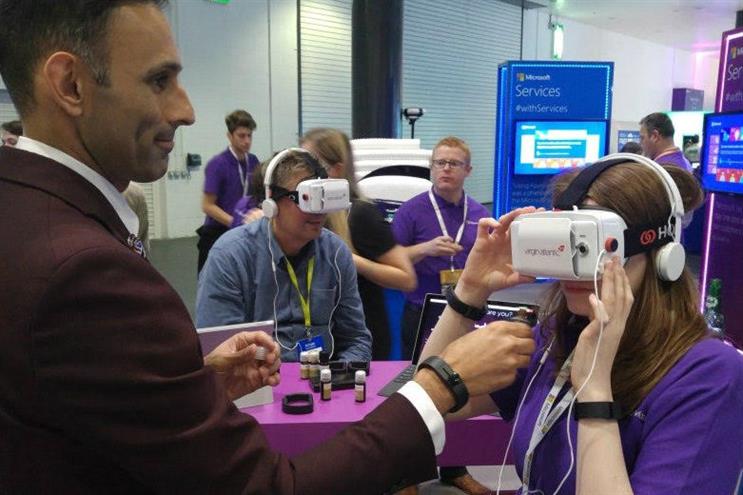
The airline is a keen proponent of focusing on how all the different senses can deepen the customer experience.
"It [sensory marketing] does not have to be done in a creepy way," says Arnold. "It is about enhancing the experience for the customer."
An example of this is Virgin Atlantic changing the positions of the galley and the bar on its aircraft so passengers are greeted by the smell of fresh orange juice when boarding the plane.
Virgin is also investigating the possibility of developing a "scent" that can be used throughout all its touchpoints.
Therefore, an upper class customer will be exposed to the same scent during all the touchpoints of their journey, ranging from the limo to the airport to the private security and executive lounges.
The idea is being toyed with due to the strong connection between smell and memory as Virgin Atlantic seeks to forge deeper connections with the brand.
Arnold was expanding on his views on how far sensory marketing could be taken by Virgin following a panel discussion at Naked Communication’s Brew series event about challenging senses.
Virgin Atlantic is also planning on rolling an upper class virtual reality (VR) sales experience to experiential marketing for its premium economy seats.
The upper class VR experience, which launched in November, involves a Google Cardboard-style virtual reality experience via a mobile app and Microsoft goggles.
Other sensory experiences are added by the sales agents wafting scents under the nose of the customer to replicate the smells they will experience when travelling with Virgin, while they also get to taste the food served on the flights.
Arnold says it is too early to reveal if the experience has provided a sales lift, but claims anecdotal feedback has been "really positive".


.jpg)


.jpg)